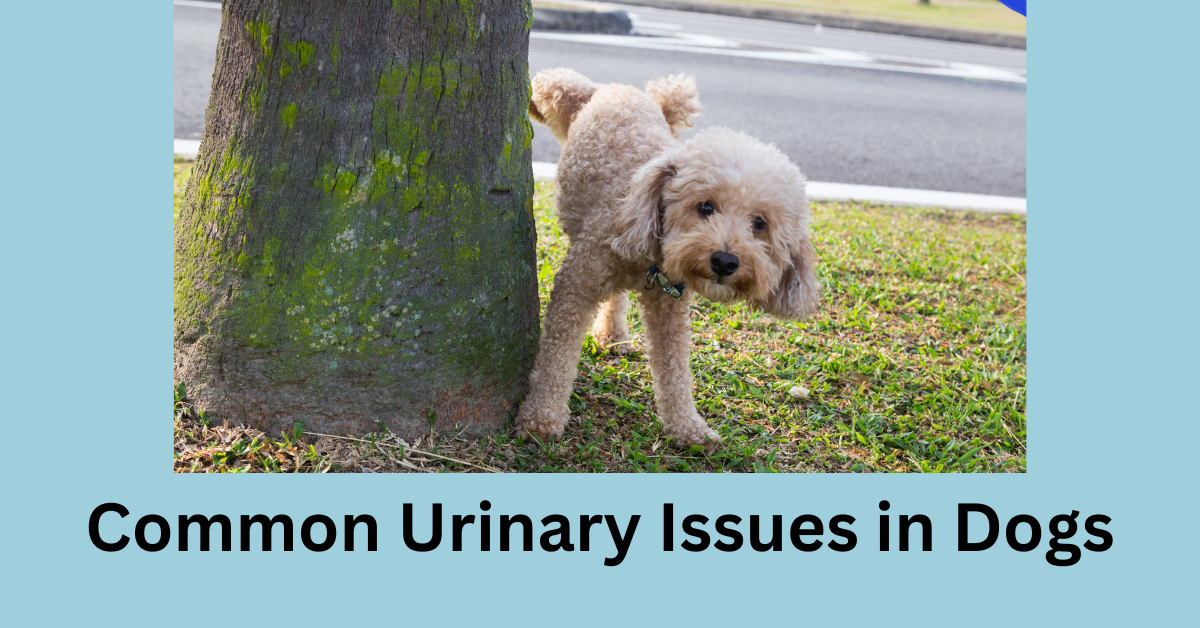Aspiration pneumonia is an inflammation of the lungs caused by inhaling food, regurgitation, or vomiting. The condition mainly results from an abnormality in the usual reflexes that control swallowing and esophageal function, allowing food into the airways and the lungs.
Pathology of Aspiration Pneumonia
In a healthy dog, chewed food mixed with saliva (food bolus) is swallowed and pushed by the tongue to the throat (pharynx). The pharynx connects to the nasal cavity and is separated by a thin membrane called the soft palate. The larynx, leading to the trachea, is separated from the pharynx by the epiglottis, a piece of cartilage.
During the act of swallowing, the tongue, soft palate, and epiglottis work together to shut off the trachea so that food passes down the esophagus toward the stomach. In aspiration pneumonia, this process goes wrong, and food and liquid reach the larynx, trachea, and lungs.

Aspiration Pneumonia Stages
If large particles are inhaled into the lungs, aspiration pneumonia can blockage large airways, leading to acute distress in breathing. This is a medical emergency. Small particles may block smaller airways and cause an inflammatory response associated with mucus and muscle tightening (bronchospasm), leading to coughing, wheezing, and breathing difficulties.
Another phase consists of injury caused by inhaling acid gastric enzymes that damage the respiratory surface and lung surfactant. Afterwards, ARDS could result. The dog may also develop bacterial pneumonia, which may overwhelm the immune system immediately or later in the disease course.
Aspiration Pneumonia in Dogs: Signs and Symptoms
- Coughing
- Vomiting
- Regurgitation
- Exercise intolerance
- Fever
- Nasal discharge
- Difficulty breathing or feeling of respiratory distress
- Rapid breathing without panting
- Cyanotic (blue) gums, tongue
Causes for Aspiration Pneumonia in Dogs
Common causes include:
- Bottle-feeding puppies who choke on milk.
Forced feeding on animals unable to swallow properly. - Newborn puppies that have a cleft palate, where the milk enters directly into the nasal cavity and lungs.
- Regurgitation in adult dogs due to a dilated esophagus (megaesophagus).
This can result in aspiration because of stress or anesthesia, especially in brachycephalic breeds like Boston Terriers, Pugs, and Bulldogs. Vomiting itself, which includes contractions of abdominal muscles, may cause aspiration pneumonia.

Other causes include:
- Pharyngeal and esophageal abnormalities
Anatomical malformations
Neuromuscular diseases - Forebrain disease
- Postseizure phase
- Motor dysfunction
- Postoperative complications
- Altered consciousness, sedation, or anesthesia
- Serious metabolic disorders
- Trauma
Diagnosing Aspiration Pneumonia in Dogs
If a dog has no respiratory distress, a vet will order bloodwork to rule out an infection and X-rays to monitor lung patterns. If the dog’s situation is associated with respiratory distress, an oral exam is done first. This is done by ruling out blockages and then doing a bronchoscopy if necessary. An arterial blood gas test is performed to measure oxygen levels.
Bronchoscopy done with a tracheal or bronchoalveolar aspirate can diagnose aspiration pneumonia. Other tests, however, must be performed to determine underlying conditions, including thyroid and adrenal function tests, titered antibody tests for myasthenia gravis or lupus, and fluoroscopy to diagnose dysphagia.
Treatment of Aspiration Pneumonia in Dogs
Terrible cases may mandate admission to the hospital with supplemental oxygen therapy, bronchodilators, intravenous fluids, antibiotics, and anti-nausea medications. Mild cases can be treated with outpatient therapy. The prognosis depends on the cause.

Recovery and Management of Aspiration Pneumonia in Dogs
Recovery is usually at least ten days from the resolution of symptoms, while treatment may last from 2 to 8 weeks, depending on severity. Prevention and prognosis are thus linked with the cause, where more serious underlying conditions imply a higher risk of recurrence and poor prognosis. Aspiration Pneumonia in Dogs
FAQs
Can dogs recover from aspiration pneumonia?
Yes, dogs may recover once aggressive and proper treatment is rendered.
How fast could aspiration pneumonia progress in my dog?
Clinical signs may appear immediately or take days to weeks to develop.
References
Sherman, R., & Karagiannis, M. (2017). Aspiration pneumonia in the dog: a review. Topics in Companion Animal Medicine, 32(1), 1-7.
Schulze, H. M., & Rahilly, L. J. (2012). Aspiration pneumonia in dogs: pathophysiology, prevention, and diagnosis.Compend Contin Educ Vet, 34(12), E5.
Kogan, D. A., Johnson, L. R., Sturges, B. K., Jandrey, K. E., & Pollard, R. E. (2008). Etiology and clinical outcome in dogs with aspiration pneumonia: 88 cases (2004–2006). Journal of the American Veterinary Medical Association, 233(11), 1748-1755.





